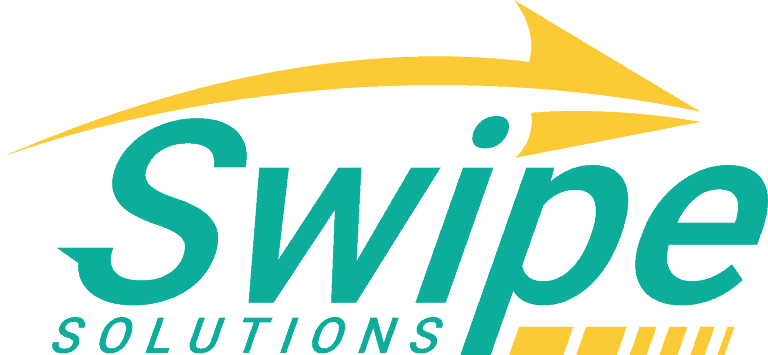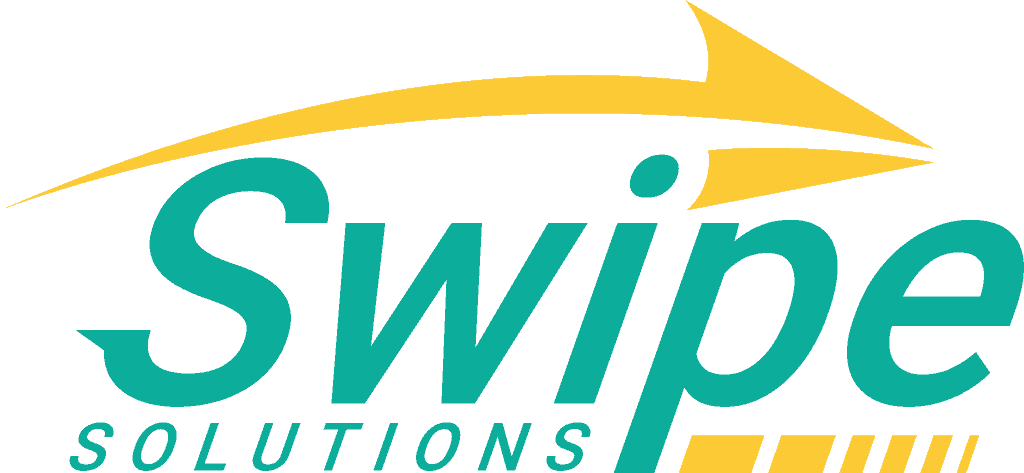How to Stay Debt-Free with a Low Income
There’s no question about it: Staying out of debt is easier when you make a lot of money. Of course, not all of us are able to bring in the big bucks, so to speak. Does that mean that you are doomed to a life of debt if you have a fairly low income? Not necessarily. The truth is that maintaining a debt-free life is far more about taking care with what you earn rather than how much you bring in. Read on to find out how you can avoid low income debt through some practical steps.
Debt is Not Inevitable
In today’s world, where living with debt is so common, it’s easy to assume that you have to live with some debt just to get by. Indeed, according to Debt.org, the total cost of all U.S. consumer debt totals a whopping $13.51 trillion. That figure includes mortgages, car loans, student loans and credit card debt. With the average U.S. household owing credit card debt of around $8,284, you might think that owing money is just a way of life and that paying off debt is not possible. However, you don’t have to live like that regardless of how much or how little you earn.
Five Tips for Staying Out of Debt with a Low Income

If you are among the minority of Americans who currently has no debt, congratulations! However, if you don’t earn very much money, falling back into debt is a very slippery slope. In fact, you might even assume that you just have to resign yourself to owing money if you are unable to make more. Luckily, that isn’t necessarily true. You can likely continue earning a low income while warding off debt – you just need to take a measured approach to the situation. The following five pointers are sure to help.
1. Reduce Your Discretionary Spending
When you have a low income and no opportunity for earning more money, the only effective way to free up more cash is by spending less of it. Otherwise, you may find yourself slipping back into debt before you know it. The simplest way to keep this from happening is by cutting discretionary spending wherever you can. Discretionary spending refers to using spare income after paying bills to buy unnecessary things. Great examples of this include that daily fancy coffee drink from the shop around the corner; expensive cable TV packages; and subscriptions.
If you can’t get a raise or otherwise generate more money, the only way to stave off debt is by keeping spending under control. Fortunately, there are many ways to accomplish this; some examples include:
- Skipping the expensive vacation for a more affordable “staycation,” which involves taking time off of work but spending it at home doing the things that you like
- Swapping pricey dinners out for home-cooked meals
- Canceling expensive cable TV packages and subscribing to affordable streaming online cable
- Canceling subscriptions for unnecessary apps and games
2. Invest a Minimum of 10 Percent of Your Income
Another important aspect of staying out of debt is by having money in savings for the immediate future and for retirement. In general, you should strive to set aside at least 10 percent of your income for savings of some kind. The more that you are able to set aside, of course, the better. With that being said, though, don’t just put your savings in a single account. Rather, split it up into a few different ones to cover your bases for now and the future:
- Emergency Fund – Unexpected expenses are commonly to blame when people are suddenly plunged back into debt, so it is crucial to have a fund set aside for such occurrences. This fund should be kept in an interest-bearing bank account so that it will at least have the chance to grow a little. While you can expect to get an interest rate for a savings account of around 1 percent maximum, every little bit helps. Ideally, try to sock away enough money to cover at least three months’ worth of expenses. If the unexpected happens, you won’t have to resort to credit cards of loans, which can get you right back into the debt spiral.
- 401(k) – If you work for an employer that offers a 401(k) plan, it is always in your best interests to participate. Employers typically match employee contributions, which essentially generates “free money” for you. In most cases, employers will match a certain percentage of the first 6 percent of an employee’s monthly salary – and that can add up quickly. For example, if you earn $4,000 per month, and your employer matches contributions up to 6 percent, you can receive up to $240 in matching contributions per month.
- Taxable Brokerage Account – Focus on maxing out your 401(k) before doing anything else with the money that you are saving. Once you have maxed out and made the most of your employer’s contributions, take extra savings and place them into a taxable brokerage account. This type of account will allow you to continue to have instant, penalty-free access to funds, which can be a great backup to the emergency fund in your savings account. Unlike the volatile, short-term nature of investing in the stock market, this option can generate consistent returns of up to 6 percent per year – a far better rate than the 1 percent or so that you get with a standard savings account.
- Tax-Advantaged Retirement Account – Finally, place some of your savings into a tax-advantaged retirement account. Traditional IRAs and Roth IRAs are the most popular options, but you will have to decide which one makes the most sense for you. With a traditional IRA, you reduce your taxable income now and pay taxes on your contributions in retirement; with a Roth IRA, post-tax income is used and then allowed to grow on a 100-percent tax-free basis.
3. Use Cash – Not Credit
It’s harder to resist impulse buys when you have plastic in your pocket. With that in mind, get into the habit of withdrawing some cash each week and limiting yourself to using that for discretionary spending. Even if you are careful about paying off debt from credit cards in full every month, you can easily end up spending far more than you otherwise would have just because of the convenience of swiping a card. By sticking with cash as much as possible, you will be less likely to end up in serious credit card debt again, and you are apt to spend a lot less too.
At the same time, however, there are pluses to using credit cards with care. Doing so can help to raise your credit score, which can bring many benefits to the table. The trick, of course, is learning to use credit cards responsibly. The first rule to that is to use them sparingly. The second rule is to pay off credit card balances in full every month. Finally, use credit cards that provide benefits like cash-back rewards and other perks. As long as you pay those balances off, the rewards that you earn will actually help to keep you ahead of the game.
4. Resist the Pull of Instant Gratification
It’s no secret that in today’s world, when someone wants something, they expect it now. Indeed, as consumers we are all promised that everything can be ours with the snap of the fingers – and credit cards certainly make that seem doable. However, it pays to learn to resist the urge to buy whatever you want whenever you want it – and in understanding the difference between things that you “want” versus things that you “need.” Whenever the urge strikes to buy something that isn’t truly necessary, hold off for at least 24 hours. Odds are that you will forget all about it, and you will avoid spending money unnecessarily.
Instead of giving into impulsive purchases, save up for the things that you can’t afford right this second. For instance, if your car is in its waning years, consider making a “car payment” to yourself every month. By the time your car is out of commission, you’ll have saved enough money to buy a used one with cash – and you can avoid taking out a loan and going into debt. The same principle can be applied to anything that you want to buy – even if it’s something that people usually take out loans for – so it’s a great one to adopt and practice.
5. Update Your Budget
People tend to get motivated to create budgets when trying to climb out of debt. However, establishing a solid budget is equally important for maintaining a debt-free life. Without those monthly credit card and loan payments to make, you may feel like cash is burning a hole in your pocket. This can cause you to slip back into debt before you know it. The best way to avoid this is to include in your budget your long-term goals: How much do you want to spend, save and give to charity?
Checklist for Avoiding Low Income Debt
As a recap, here are the primary things to keep in mind to stay debt-free despite having a low income:
- Slash discretionary spending – you can get used to going without
- Invest at least 10 percent of your income and split it between regular savings, non-taxable brokerage accounts and tax-advantaged retirement account
- Withdraw a specified amount of cash each week and limit yourself to spending that instead of relying on plastic
- If you use credit cards, use them responsibly and make the most of rewards
- So no to instant gratification and learn to save up for the things you want instead
- Update your budget to reflect your debt-free life and to stay on track with savings and other goals
Conclusion
As you can see, you don’t have to hope for a big raise or switch to a new career path to get and stay out of debt. Even if you don’t earn very much, it’s more than possible to maintain a debt-free life. Which step do you plan to take first? Let us know in the comments!


